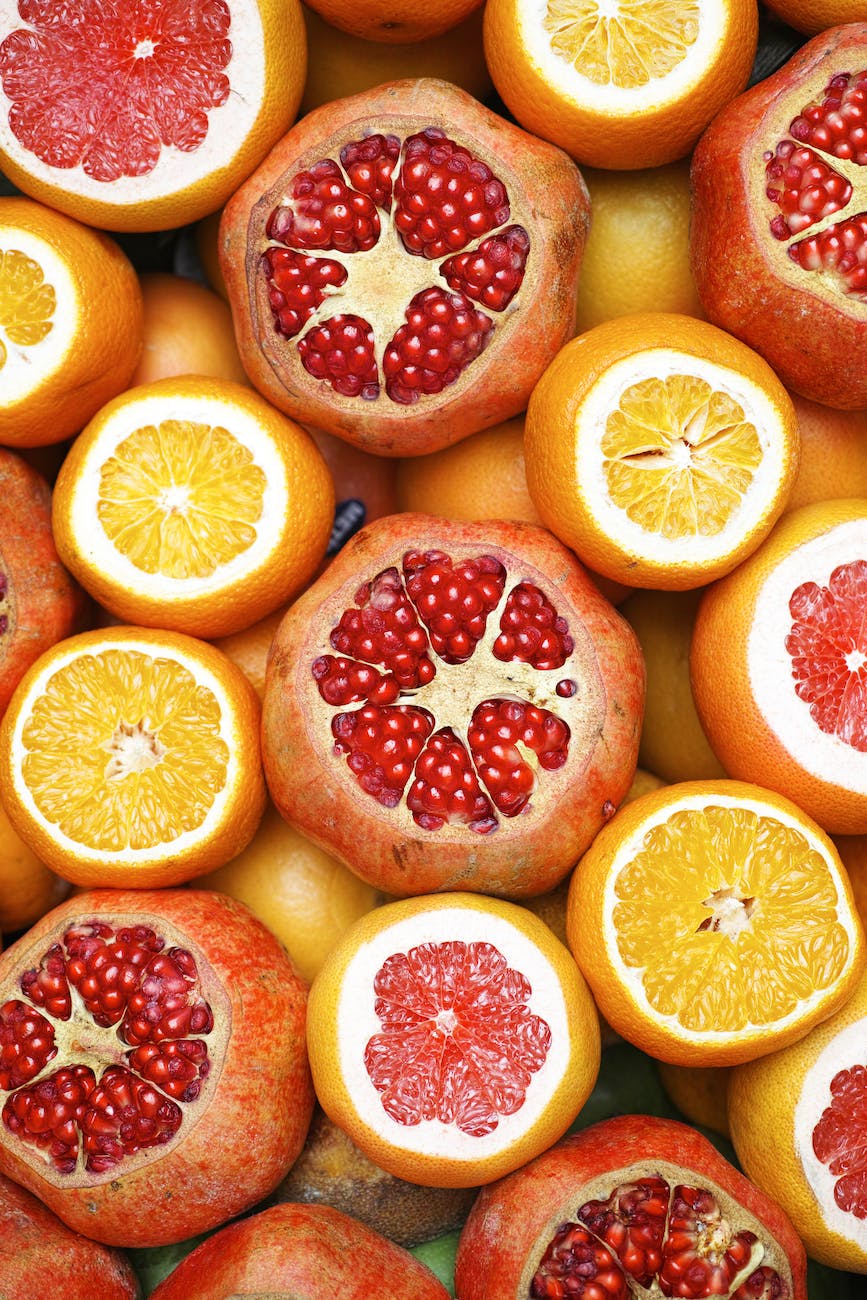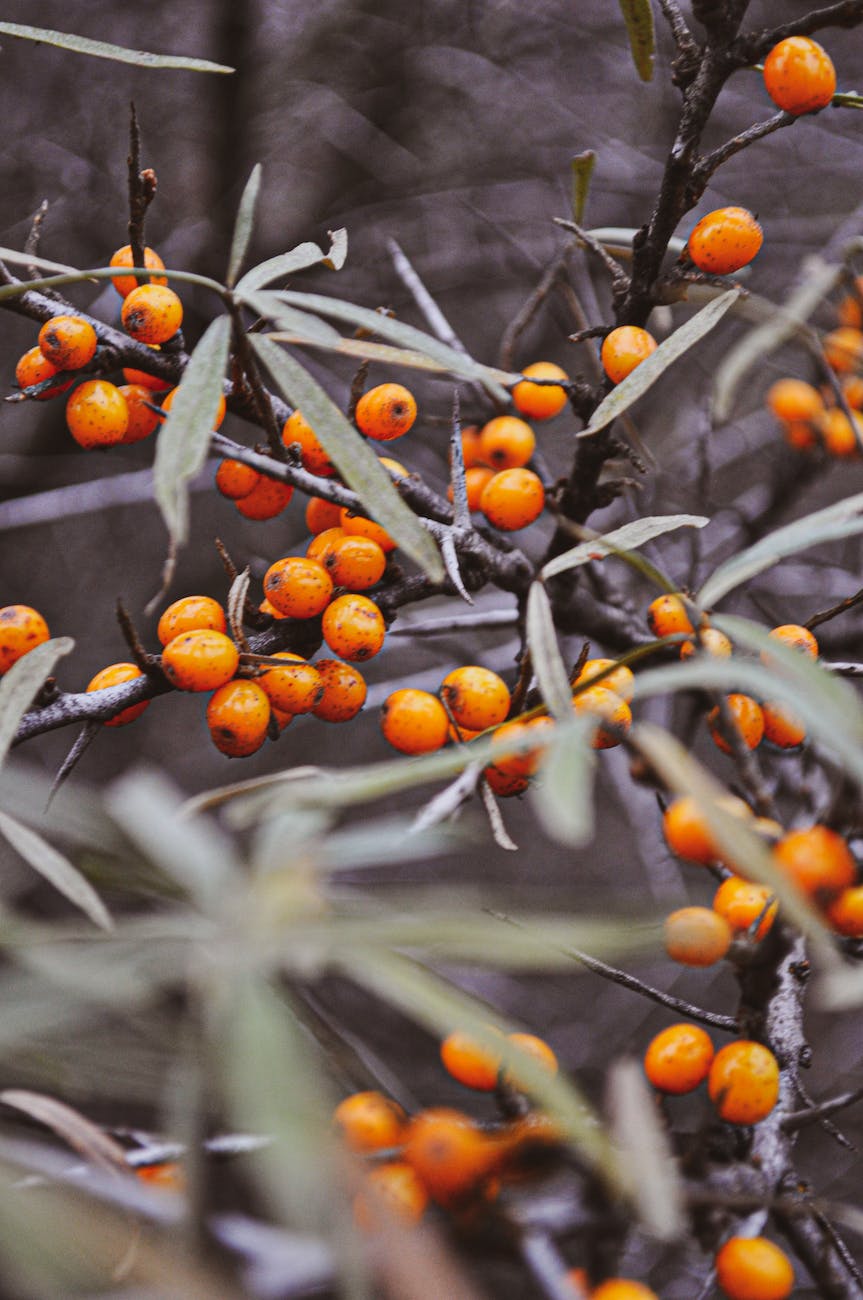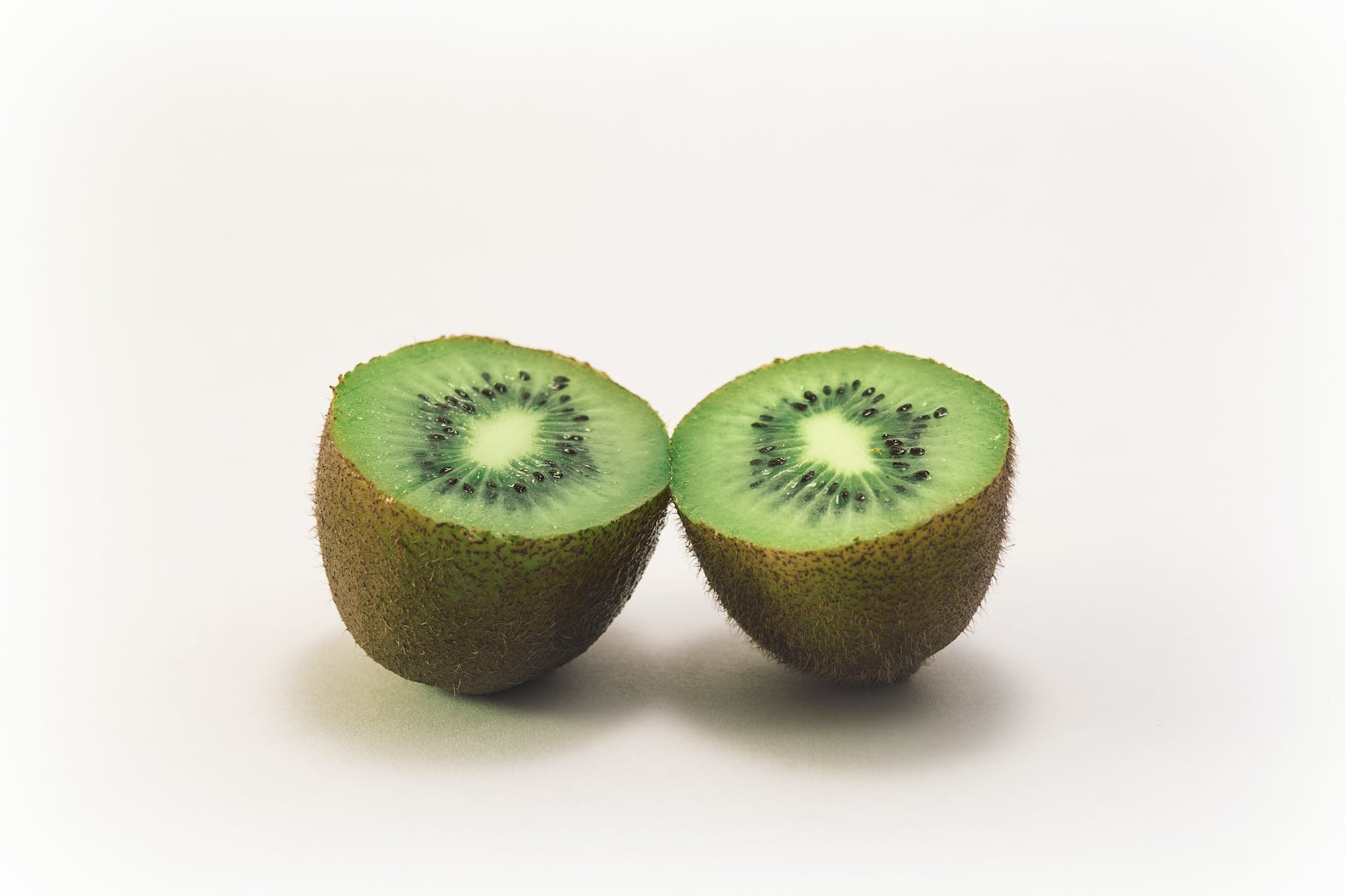
Pomegranate juice, a sweet and tangy beverage, is not just a delight for the taste buds but also a powerhouse of health benefits. It has been consumed for centuries across different cultures for its medicinal properties. In this post, we’ll delve deep into the world of pomegranate juice, exploring its nutritional profile, its role in weight loss, and why it’s considered a superfood. So, let’s embark on this journey of health and wellness together! 🍹🍹
🌟 Pomegranate Juice: A Nutritional Powerhouse 🌟
Pomegranate juice is a treasure trove of nutrients. It’s packed with antioxidants, which are compounds that help protect your cells from damage caused by harmful free radicals. These antioxidants, primarily punicalagins, are incredibly potent, even more so than those found in green tea or red wine.
Moreover, pomegranate juice is a good source of vitamin C, a nutrient that boosts your immune system and helps your body heal. Just a cup of pomegranate juice provides you with 30% of your daily requirement of Vitamin C.
Additionally, pomegranate juice provides dietary fiber, which supports digestive health, and potassium, which is important for heart health. It also contains smaller amounts of Vitamin E, folate, and other essential nutrients. 🍊🍊
🏋️♀️ Pomegranate Juice and Weight Loss 🏋️♀️
If you’re on a weight loss journey, pomegranate juice can be a great addition to your diet. It’s relatively low in calories and provides a good amount of fiber, which can help you feel full and satisfied. This can prevent overeating and unnecessary snacking, helping you maintain a calorie deficit.
Plus, the antioxidants in pomegranate juice may help boost your metabolism, making it easier for you to burn calories and lose weight. Some studies also suggest that pomegranate juice can help reduce visceral fat, the stubborn fat around your organs. 🏃♀️🏃♀️
🍎 Pomegranate Juice Cleanse 🍎
Pomegranate juice is often used as part of a detox or cleanse. The idea is that the antioxidants in the juice can help cleanse your body of toxins and promote better health. While there’s no scientific evidence to support the idea that juice cleanses can detoxify your body, drinking pomegranate juice can certainly contribute to a healthy diet. It’s a great way to hydrate your body and load up on essential nutrients. 🍹🍹
🍇 Pomegranate Juice Benefits 🍇
Pomegranate juice offers a plethora of health benefits. Here are some of the key ones:
- Antioxidant Powerhouse: Pomegranate juice is packed with antioxidants, which can help protect your cells from damage and reduce inflammation in your body. This can help prevent a variety of health problems, including heart disease and cancer. 🛡️🛡️
- Boosts Digestive Health: The fiber in pomegranate juice can help support a healthy digestive system. It can help prevent constipation and promote regular bowel movements. 🚽🚽
- Supports Heart Health: Pomegranate juice is a good source of potassium, a mineral that’s important for heart health. It can help lower your blood pressure and reduce your risk of heart disease. ❤️❤️
- Promotes Skin Health: The antioxidants in pomegranate juice can help protect your skin from damage caused by the sun and environmental pollutants. They can also help reduce signs of aging, like wrinkles and fine lines. 🌞🌞
- May Help Prevent Cancer: Some research suggests that the antioxidants in pomegranate juice may help prevent cancer. In particular, studies have found that it may help suppress the growth of cancer cells and decrease cancer cell death. 🎗️🎗️
🍌 Pomegranate Juice Recipes 🍌
Pomegranate juice can be enjoyed on its own, or you can use it in a variety of recipes. Here are a few ideas:
- Pomegranate Smoothie: Blend pomegranate juice with some frozen berries, a banana, and a scoop of Greek yogurt for a delicious and nutritious smoothie.
- Pomegranate Salad Dressing: Mix pomegranate juice with olive oil, lemon juice, honey, and a pinch of salt and pepper for a tangy and sweet salad dressing.
- Pomegranate Sparkler: Mix pomegranate juice with sparkling water for a refreshing and hydrating beverage. You can add a slice of lime for an extra zing.
- Pomegranate Tea: Brew a cup of green tea and add a splash of pomegranate juice for a flavorful and antioxidant-rich drink.
- Pomegranate Yogurt Parfait: Layer Greek yogurt, granola, and pomegranate arils in a glass. Drizzle some pomegranate juice on top for extra flavor.
🍒 Pomegranate Juice: A Delicious and Nutritious Choice 🍒
Whether you’re looking to lose weight, boost your antioxidant intake, or simply enjoy a delicious and nutritious beverage, pomegranate juice is a great choice. So why not give it a try? Your body (and your taste buds) will thank you! 🎉🎉
📚 FAQs 📚
Q: Can pomegranate juice help me lose weight? A: Pomegranate juice can be a good addition to a weight loss diet. It’s low in calories and high in fiber, which can help you feel full and satisfied.
Q: Is pomegranate juice good for my skin? A: Yes, the antioxidants in pomegranate juice can help protect your skin from damage and reduce signs of aging.
Q: Can pomegranate juice help prevent cancer? A: Some research suggests that the antioxidants in pomegranate juice may help prevent cancer, but more research is needed to confirm these findings.
Q: How can I incorporate pomegranate juice into my diet? A: You can drink pomegranate juice on its own, or you can use it in recipes like smoothies and salad dressings.
Q: Is pomegranate juice good for my heart? A: Yes, pomegranate juice is a good source of potassium, which is important for heart health. It can help lower your blood pressure and reduce your risk of heart disease.
Tags: #PomegranateJuice #HealthBenefits #WeightLoss #SkinHealth #HeartHealth #Antioxidants #Nutrition #Diet #Cleanse #Detox #FAQs












